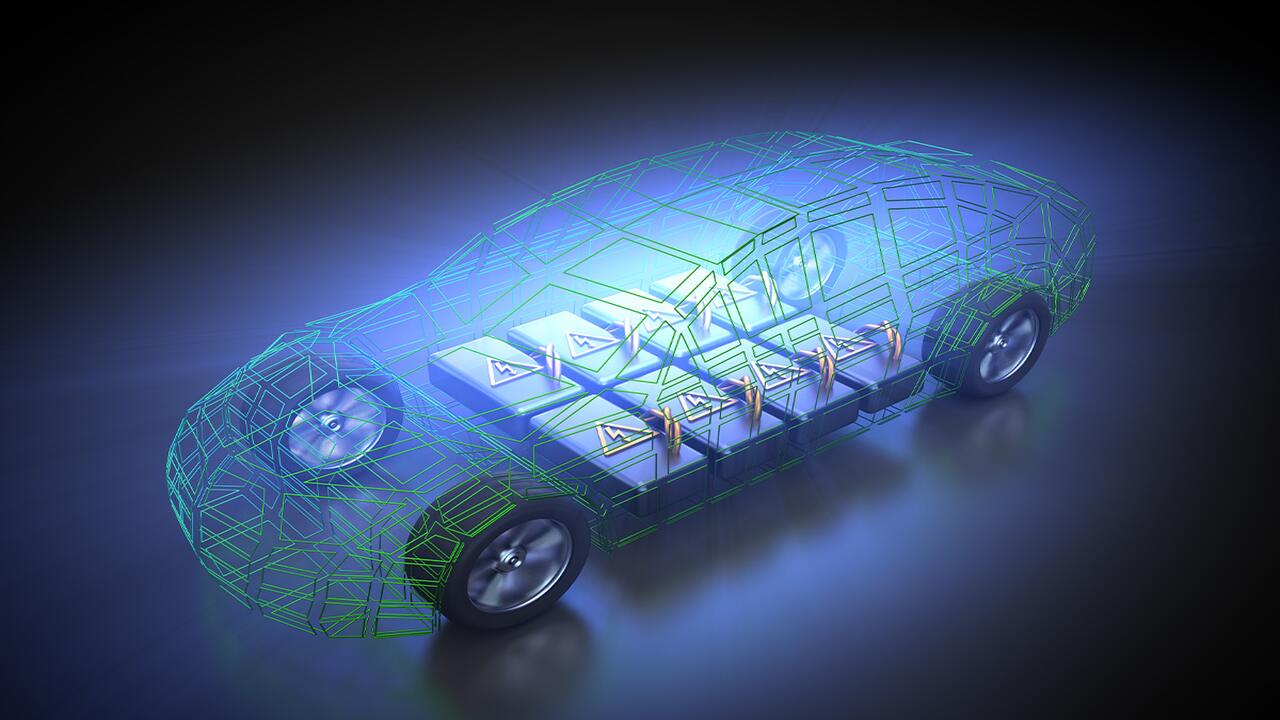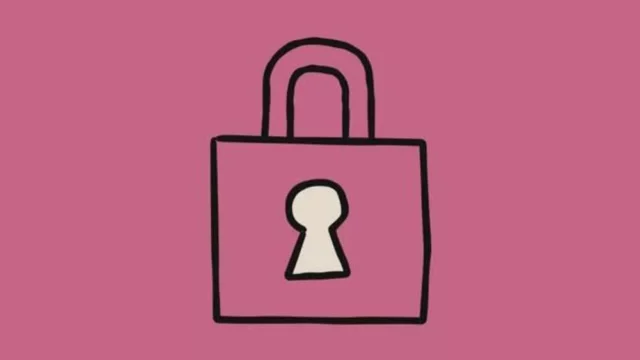The company has halted its internal battery production. Due to slowing demand for electric vehicles and challenging market conditions, Porsche has decided to downsize its battery subsidiary, Cellforce. Instead of producing its own batteries, it is focusing on battery cell research and development. This decision reflects growing evidence that the transition to electric vehicles in the automotive sector is not progressing as quickly as expected.
Porsche Shelved Battery Plans
Porsche CEO Oliver Blume stated that volume and a lack of economies of scale make it uneconomical for the company to maintain its own cell production. This move represents a significant shift in the German automaker’s battery strategy.

Porsche had initially planned to build a 1 gigawatt-hour-per-year production facility in Germany, followed by the construction of a larger factory. However, these targets have been abandoned.
Despite the cancellation, Porsche’s electric vehicle sales continue to grow. Hybrid and electric models accounted for 36 percent of its global sales in the first half of 2025. Sales of the electric Macan have reached 60% of total Macan sales, equivalent to approximately 26,000 vehicles. Taycan sales in the US also increased by 31% year-over-year in the second quarter, reaching 1,064.
Porsche isn’t alone in this decision. Slowing demand for electric vehicles, coupled with challenging conditions in the US and Chinese markets, is leading many companies to reconsider their plans for the electric vehicle transition. This suggests that internal combustion engine vehicles may remain on the road for longer than anticipated.
This development highlights the challenges facing battery startups in Europe. Chinese manufacturers are both dominant in their supply chains and offer more affordable batteries. In fact, Sweden’s Northvolt, once expected to challenge Chinese competitors, has filed for bankruptcy.
With Porsche’s move, 200 of the approximately 300 employees at Cellforce are expected to be laid off. The remaining employees will reportedly be employed at Volkswagen Group’s battery subsidiary, PowerCo. PowerCo is pursuing its own large-scale battery investments and will use Cellforce’s R&D facility.













